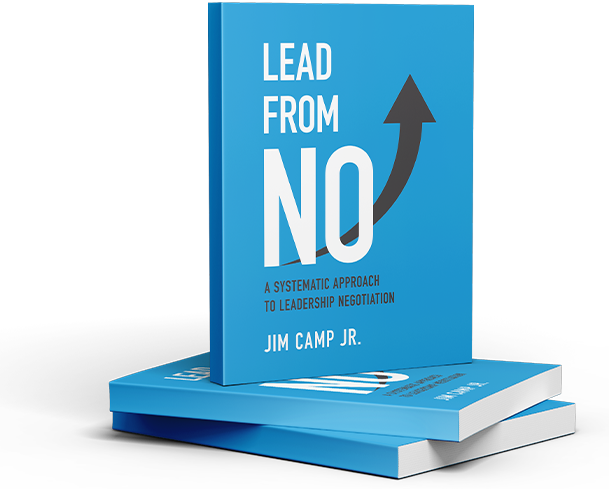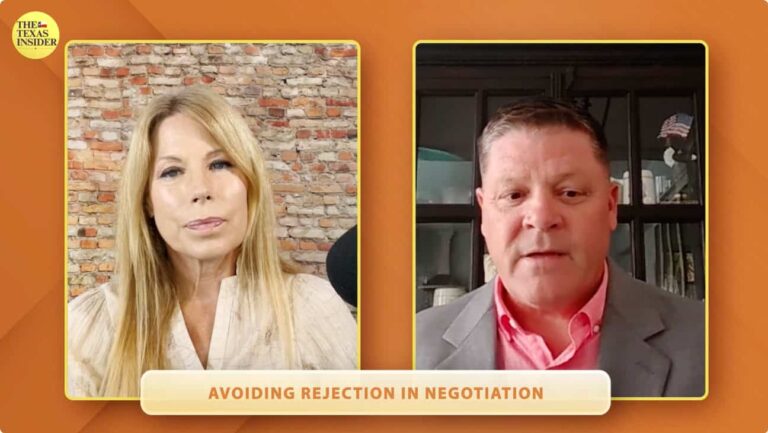A popular strategy in negotiation and sales training is to ask many questions. Most people believe that asking more questions will:
- Get you information that’s more accurate, recent, and relevant.
- Decrease the likelihood of making mistakes.
- Confirm your assumptions.
Stop here because the impulse behind this advice is wrong.
First, let me clarify that asking questions is not ineffective. On the other hand, asking lots and lots of questions is risky and often backfires.
Remember that for most people, negotiation is stressful. It can feel as though one is chewing glass. Your job is to help your respected opponent feel safe, secure, and relaxed. If you ask too many questions, this will never happen. I would like to help you see why and to suggest what to do instead.
What’s possible when you negotiate?
A negotiation is the human effort to reach an agreement between two or more parties, with all parties having the right to veto. You and your respected opponents should always have the right and freedom to say “no” when you are negotiating.
Furthermore, this helps relieve the feeling that you have to agree with every idea. It is our hope that you will build agreements that move each party’s efforts forward. Everyone in a negotiation must be free to reject or embrace anything. If not, all bets are off.
How must you negotiate?
A negotiation is a conversation with your respected opponent that’s pressure-free and unconstrained. It’s not an effort to prevail over the other, to beat them up, or to win at the expense of the other. Also, you also don’t want to teach them a lesson, squeeze out information, or trick them.
Everyone has been in situations where their words, actions, behaviors, and decisions were used against them. Asking too many questions threatens others and makes them suspicious of your motives. It creates the perception that you are out to take advantage of them.
Anyone that tells you to ask lots of questions is misguided because:
- Emotions build and barriers go up.
- Stress increases.
- Mistrust and suspicion increase.
- It provokes defensiveness and/or aggression.
- Others will react by shooting from the hip.
No one wants to feel like they are in an interrogation room. When that happens, you never get to see or speak about the real issues driving the negotiation. You keep dancing around them. Any or all of these can derail the negotiation.
What must you do instead?
It’s simple. Ask three or four interrogative-led, discovery-creating, vision-building questions. (Remember that interrogative questions start with who, what, where, when, why, or how. ) Your questions have two purposes.
- To help you discover and see the realities that impact and influence the negotiation.
- To help your respected opponent discover and see the same.
When asking questions, remember less is more. Ask as few questions as possible and keep the number of words short. Keep your questions to 5-6 words, or shorten to 3-4 if you can.
Jim Camp addressed how to ask better questions in his books. He points out that it is both an art and a science. Practice what Jim outlines in low-risk situations. In every aspect of mastering negotiation, practice makes perfect.
Remember to stay conversational – regardless of the issues or with whom you negotiate. Keep your words, delivery, and body language open, honest, calm, relaxed, and respectful.
Keeping it conversational does not guarantee you will reach an agreement. If you discover that an agreement is not a good idea, or the time isn’t right, this is as valuable a lesson as reaching one. And that remains the mark of the master negotiator.
No time to read? Listen to a preview of Jim Camp’s NO Audiobook.





